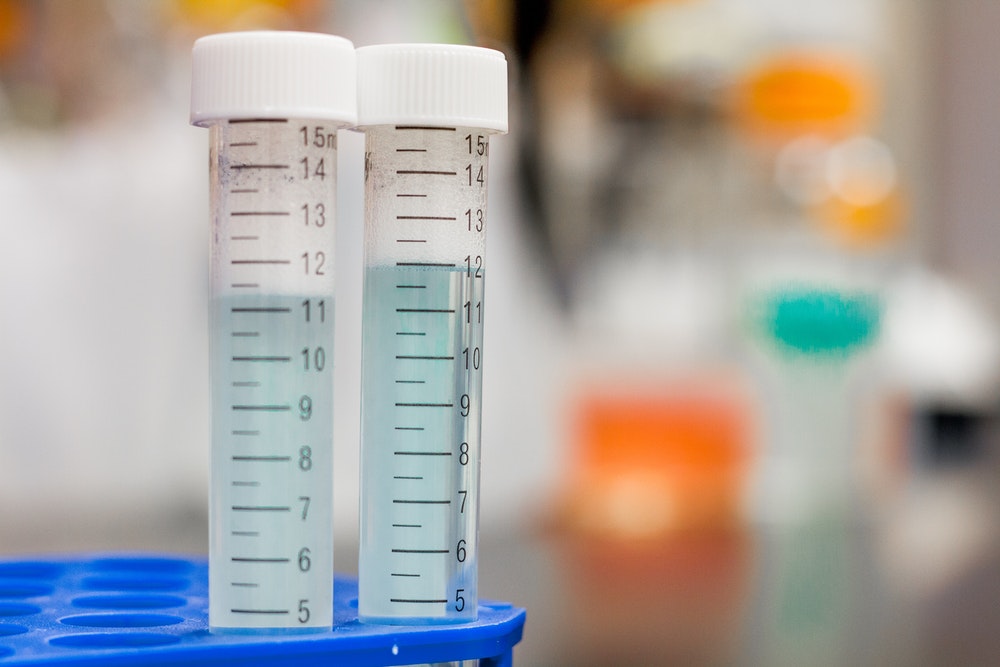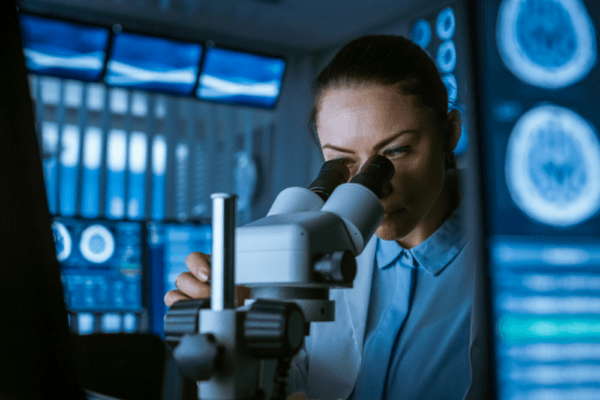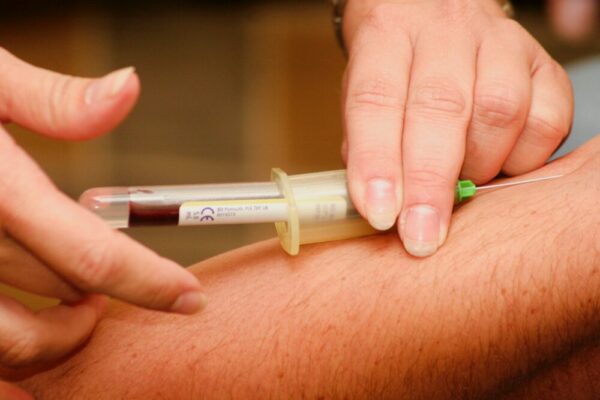Scientists and researchers are working round the clock to develop a viable coronavirus vaccine for the masses. Researchers around the world are developing more than 165 vaccines against the coronavirus, and 32 vaccines are in human trials. While Russia became the first country in the world to register their novel vaccine, other nations are also accelerating their work in the development and trials of safe and effective vaccines.
India is currently in phase II of clinical trials with two homegrown vaccines. Another candidate in the race is ZyCOV-D, which has been developed by Ahmedabad based Zydus Cadila, using a DNA and recombinant measles virus strain, alongside Covaxin, produced by Bharat BioTech in collaboration with Indian Council of Medical Research (ICMR) and National Institute of Virology (NIV), Pune which has already been launched. Both the vaccines have entered their trials of phase II in August, making them one of the quickest vaccines to reach the mid-scale phase of testing. In trials conducted so far, both the vaccines have been found to be safe and drawing a required immune response.
As per reports, both Covaxin and ZyCOV-D are expected to be launched in 2021.
30 more Indian companies are in the race to produce a vaccine, out of which the World Health Organization (WHO) has given approvals to seven vaccine candidates. India is amongst the leading nations to produce a vaccine for COVID-19 with the Serum Institute of India, one of the largest vaccine makers, signing pacts with leading vaccine producers, including Oxford University-AstraZeneca and Novaxax.
When it comes to the rest of the world. China has gone ahead and granted patent to its CanSino vaccine. Developed by one of its local companies, biopharmaceutical firm CanSino Biologics, the vaccine candidate makes use of a version of a common cold virus strain to transport genetic material into the human body and train it to prevent further infection and spike up antibodies in the host body. Scientists were able to observe positive immunity and increased T-cell production levels in the body post phase I and II trials.
CanSino and other Chinese vaccine makers in the race are exceedingly hopeful of conducted Phase III trials overseas, and a late-stage trial is underway in Russia after Chinese authorities applied for registration and regulatory approvals in the country. Similar clinical trials have also been lined-up to be conducted in Mexico, Saudi Arabia, Brazil and Chile.
Globally, there are 3 other candidates who have reached phase III of testing, including Oxford University-AstraZeneca, Pfizer-BionTech and Moderna Therapeutics Inc.
Timeline for the availability of vaccines
Many labs and researchers are aiming to develop a vaccine for coronavirus in an accelerated timeline. Vaccines typically require years of research and testing before reaching the clinic, but scientists are racing to produce them by next year.
For the inactivated vaccine developed by The Wuhan Institute of Biological Products, it can be made commercially available by December-end, 2020, as per the head of the state-owned Chinese company Sinopharm. As of now, the Chinese vaccine candidate is in its Phase III of human trials.
In terms of its effectiveness, 1 dose of the Sinopharm COVID-19 vaccine candidate will provide about 97 per cent protection against novel coronavirus and with two doses the probability of protection will touch 100 per cent. Phase II of human trials are already being conducted after it triggered a strong antibody response in its Phase I/II of clinical trials.
The vaccine, according to Liu Jingzhen, who is the chairman of state-owned Chinese company Sinopharm stated it will cost less than 1,000 yuan which equates to 10,794.94 Indian Rupees.
The first COVID-19 vaccine safety trials in humans started in March, and there is still a long way to go. Some trials will fail, and others may end without a clear result. But a few currently being working on have shown effects and may succeed in stimulating the immune system to produce effective antibodies against the virus.




